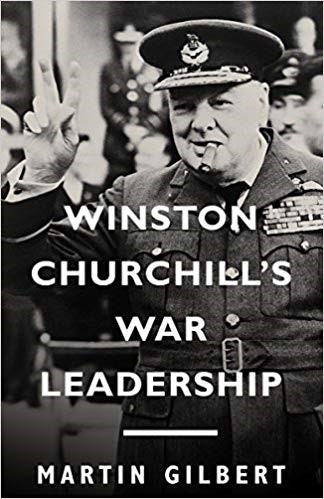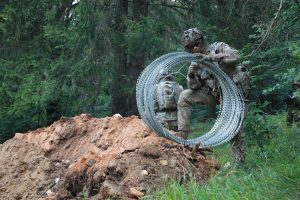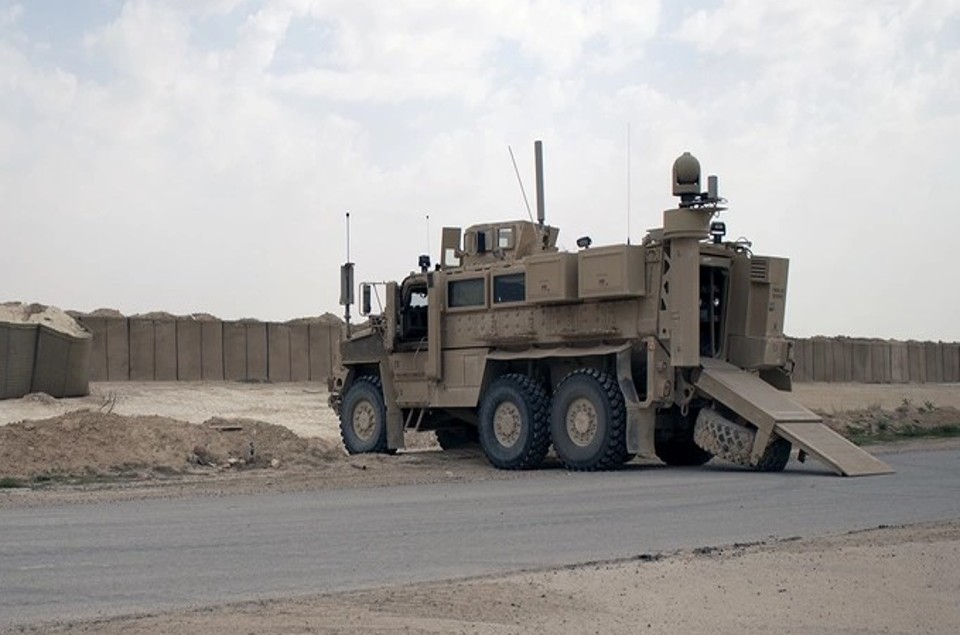Churchill’s Leadership During Second World War

Sir Winston Churchill was one of the greatest war leaders. From 10 May 1940 to 26 July 1945, he led Britain to the ultimate goal, the defeat of Nazi Germany. Churchill possessed many qualities which enabled Germany’s defeat. Crucial among those were his vision; the belief in Britain’s distinction; his uncompromising patriotism; a statesman audacity; the employment of words as weapons; and, ultimately, his intellectuality.
To highlight Churchill leadership exceptionalism, Sir Martin Gilbert, Churchill´s official biographer, was invited to lecture at the White House in February 2002 (accessible at: https://m.tvokids.com/video/archive/sir-martin-gilbert-on-churchills-war-leadership). A result of this lecture was a small, albeit very informative, monograph Winston Churchill’s War Leadership. Full of examples that characterize Churchill’s political and psychological profile, this work is a prime illustration on the difficulties of leadership during war times.
Therefore, the key attributes and core competencies of Churchill’s war leadership style can be summarized in the following list:
Attributes
Character
- Strong belief in his own abilities, confidence and destiny in commanding Britain in defiance of Hitler;
- Imperturbable personality although bad moods would arise in dire moments of war;
- Set a personal example of extreme hard work.
Presence
- Visible premiership;
- Churchill´s long-time political and military experience.
Intellect
- Clear understanding of WWII purpose;
- Rejection of Britain Defeatism based on “optimistic quest”;
- Vital association with the US to win the war in Europe;
- A tailor made organizational structure that provided Churchill with an “accumulation o professional knowledge at his disposal” (p.6) backed by an efficient and devoted private secretariat, the Private Office at Downing Street to smooth the war path;
- Defined the concept of offensive to avoid paralysis or setback when confronting the enemy;
- Strategic use of Enigma machine top-secret Intelligence in the process of how to respond and where to strike against the Axis powers.
Competencies
Leads others
- Assertive decision-maker with an occasional ruthlessness;
- Skilled in find, encourage and sustain civilian and military individuals that could positively contribute to the war effort;
- Proficient in the art of delegation through sharp scrutiny;
- Power in appointing subordinates and replacing them in case of incompetence or lassitude.
Basing on the referred leadership characterization, Churchill was an empowered leader whose vision inspired and influenced everyone by providing purpose, direction, and motivation in order to defeat the Axis powers. A balance of character and competence allied to an extensive military experience groomed Churchill´s ability to think and plan strategically with imagination and wisdom.
Through this positive and effective leadership, despite formulated for WWII, is possible to capture invaluable lessons for the 21st century wars. The most valuable it will be the crucial necessity in investing in leader’s growth. Promoting self-development leadership with strong ethical and cultural foundations, and if needful, seeking a mentorship would, at minimum, help achieve mission success.
———
Filipa Goncalves is a civilian with international experience across military and diplomatic environments. Her last position dealt with NATO Civil-Military Cooperation. She holds a Master’s Degree in Political Science and International Relations from the Catholic University of Portugal.
———
Fig.1: Winston Churchill’s War Leadership by Martin Gilbert book
Related Posts

Fighting as an Enabler Leader
(U.S. Army Photo by Cpl. Tomarius Roberts, courtesy of DVIDS)Enablers provide capabilities to commanders that they either do not have on their own or do not have in sufficient quantity …

Defeating the Drone – From JMRC’s “Skynet Platoon”
If you can be seen, you can be killed—and a $7 drone might be all it takes. JMRC’s Skynet Platoon discuss their TTPs to defeat the drone.

3 Deployments Before Captain: Reflections From Down Range
Deployments challenge junior officers beyond their primary duties, often demanding adaptability, wellness management, proactive leadership, and moral integrity maintenance.
